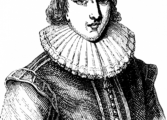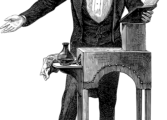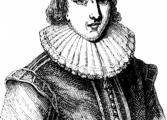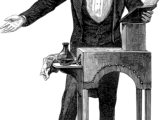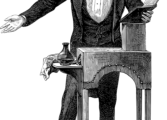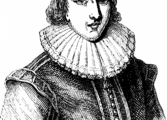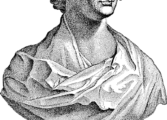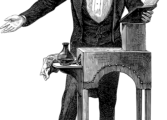Orlando Virginia Woolf: A Historical Exploration
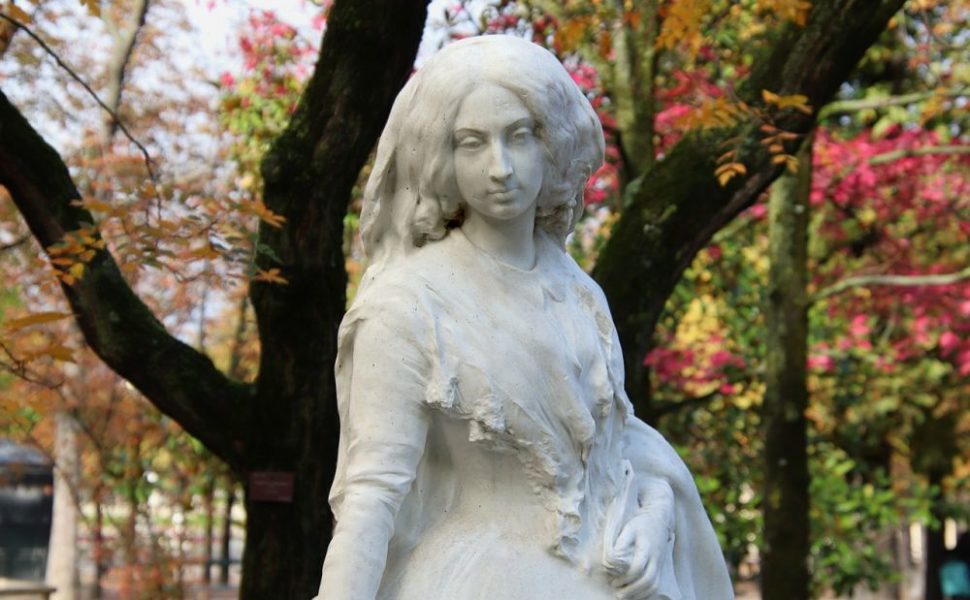
Introduction:
Orlando is a groundbreaking novel written by Virginia Woolf, a prominent British modernist writer. First published in 1928, this literary masterpiece defied traditional narrative conventions and explored themes of gender identity, love, and the passage of time. In this article, we delve into the depths of Orlando Virginia Woolf, examining its significance and evolution over time.
I. Understanding Orlando Virginia Woolf:
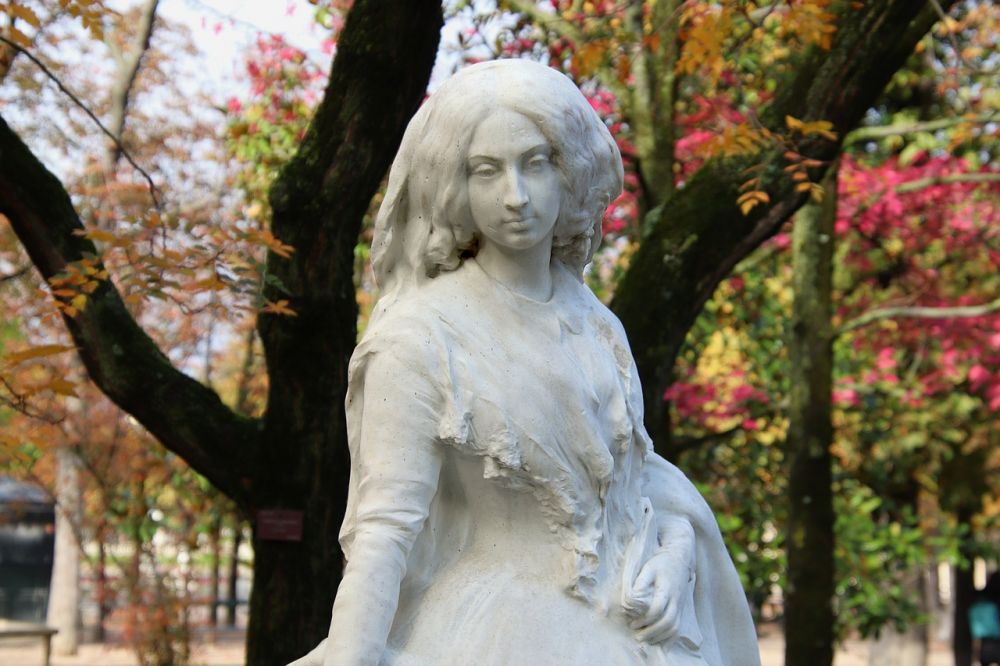
– Orlando Virginia Woolf is a semi-biographical novel inspired by Vita Sackville-West, Woolf’s lover and a prominent figure in the Bloomsbury Group.
– This captivating work defies categorization, blending elements of fiction, fantasy, biography, and satire.
– Orlando, the protagonist, undergoes a fantastical transformation that spans over four centuries, delving into themes of gender fluidity and identity.
– Virginia Woolf’s innovative narrative style, characterized by introspection and interior monologues, captivates readers and acts as a gateway to exploring the human psyche.
II. Historical Evolution of Orlando Virginia Woolf:
– In the early 20th century, Woolf was a central figure in the Bloomsbury Group, an influential collective of artists, writers, and intellectuals.
– Influenced by modernist ideals, Woolf sought to challenge societal norms through her writing, particularly in Orlando.
– The novel arose during a time when discussions surrounding gender roles and sexuality were emerging in literature and society.
– Orlando’s publication rocked the literary world, as it deftly questioned existing conventions and explored the fluidity of gender and identity.
– Over time, Orlando Virginia Woolf has gained recognition as a groundbreaking work that paved the way for subsequent feminist and queer literature.
III. The Impact and Legacy of Orlando Virginia Woolf:
– Orlando Virginia Woolf continues to resonate with readers, sparking conversations about gender, identity, and the role of art in challenging social constructs.
– The novel’s exploration of time and the fluidity of self has inspired countless artists, writers, and scholars, leaving an indelible mark on the literary landscape.
– Orlando’s significance extends beyond the realms of literature, as it prompts reflection on the fluid nature of human existence and encourages empathetic understanding.
– Adaptations of Orlando, including Sally Potter’s film and stage adaptations, have further exposed this literary gem to wider audiences, expanding its impact and influence.
Conclusion:
Orlando Virginia Woolf stands tall as a profound testament to Virginia Woolf’s visionary narrative and audacious exploration of gender identity. Its historical context and impact on subsequent literature cannot be understated. By defying traditional narrative conventions, Woolf’s novel has transcended time and continues to inspire and challenge readers, sparking conversations about the fluidity of gender, identity, and the power of art.
By embracing Orlando Virginia Woolf, individuals interested in art, literature, and progressive ideas can embark on a transformative journey themselves, guided by Woolf’s exploration of love, identity, and the enduring search for self.








